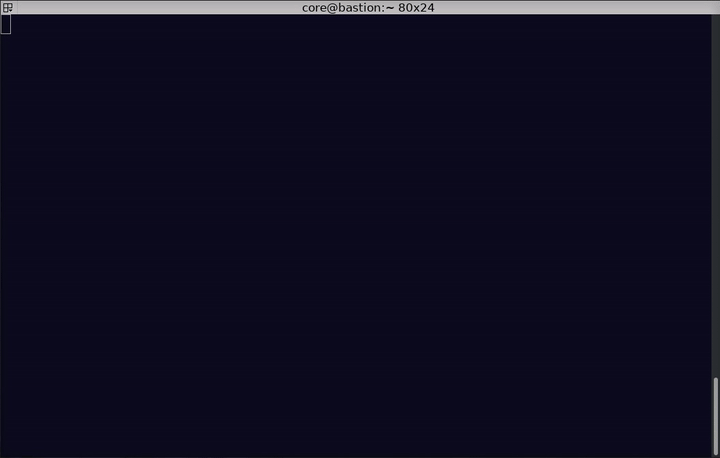gnome-hacks
This is a collection of APIs that allow programmatic manipulation of the GNOME shell. If you use GNOME (the default graphical shell in Ubuntu), then this allows you to create scripts that move your mouse, simulate key presses, manipulate windows, and more.
Disclaimer: Since these hacks hook directly into the internals of the shell, they depend heavily on the particular shell version. I have only tested this on Ubuntu 21.04 with GNOME version 3.38.5.
Exposed APIs
Evaluator - an object that evaluates JavaScript code inside the GNOME shell.
__call__: run some JavaScript code inside the shell and get the result as a Python object (it is serialized via JSON). Optionally pass extra kwargs to create variables in the JavaScript code's context. For example,evaluator("hi+3", hi=4).call_async: similar to__call__, but supports JavaScript code that has to wait for callbacks or asynchronous events. In particular, the JavaScript code can use theawaitkeyword to yield control to the event loop. Ideal for blocks of code that need to handle callbacks.
list_windows: get all open windows, including their title, owning PID, and ID.get_window_frame: get the bounding box of a window.get_window_monitor_frame: get the bounding box of the monitor containing a window.move_window: set the position of a window.
capture_screenshot: get a screenshot of the display as PNGbytes. On newer versions of GNOME, this happens entirely in memory without ever writing a temporary file.
simulate_key_events: trigger a series of key events, allowing a script to type text, trigger keystrokes, etc.
simulate_pointer_events: trigger a series of mouse events, allowing a script to move, click, and drag the cursor using absolute coordinates on the screen.
play_bell_sound: play the bell sound that apps use to signal errors or get a user's attention.bell_notify: similar toplay_bell_sound, but may also flash the screen or use other feedback if the user has configured the shell to do so.
How it works
The GNOME shell provides a DBus interface, allowing other processes to connect to it and make IPC calls. Through this interface, it exposes an Eval method for evaluating JavaScript inside an embedded interpreter. This JavaScript code has access to most of the types and functions used by the shell, exposed through GJS bindings.
The shell exposes a global object which has methods to access various shell state, such as the list of open windows or the global MetaDisplay object.

